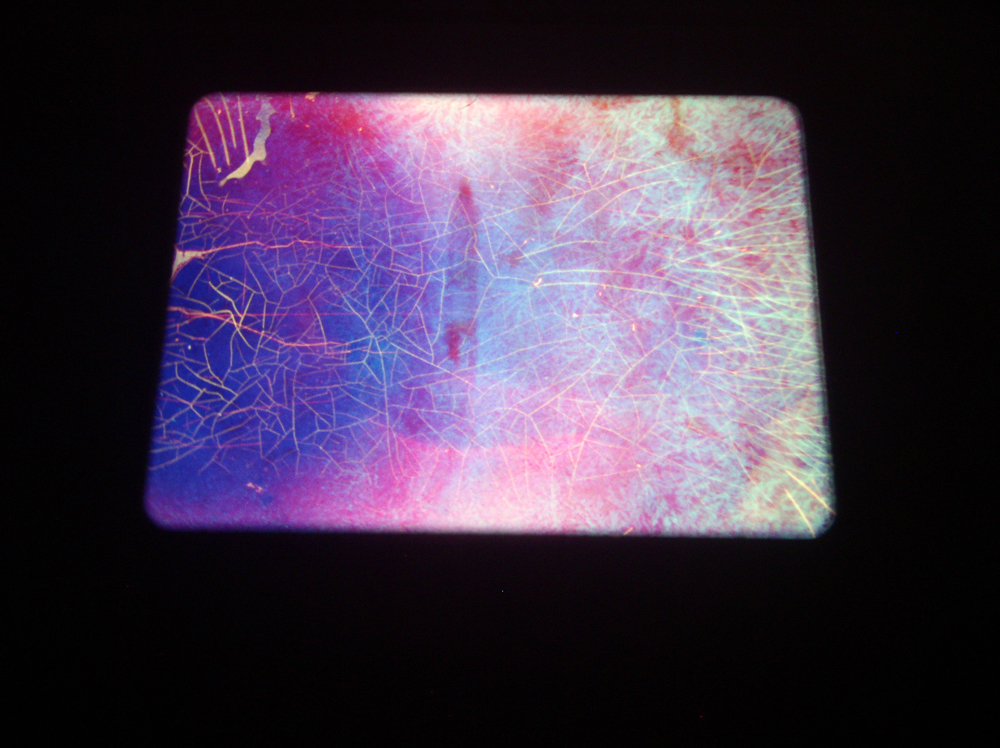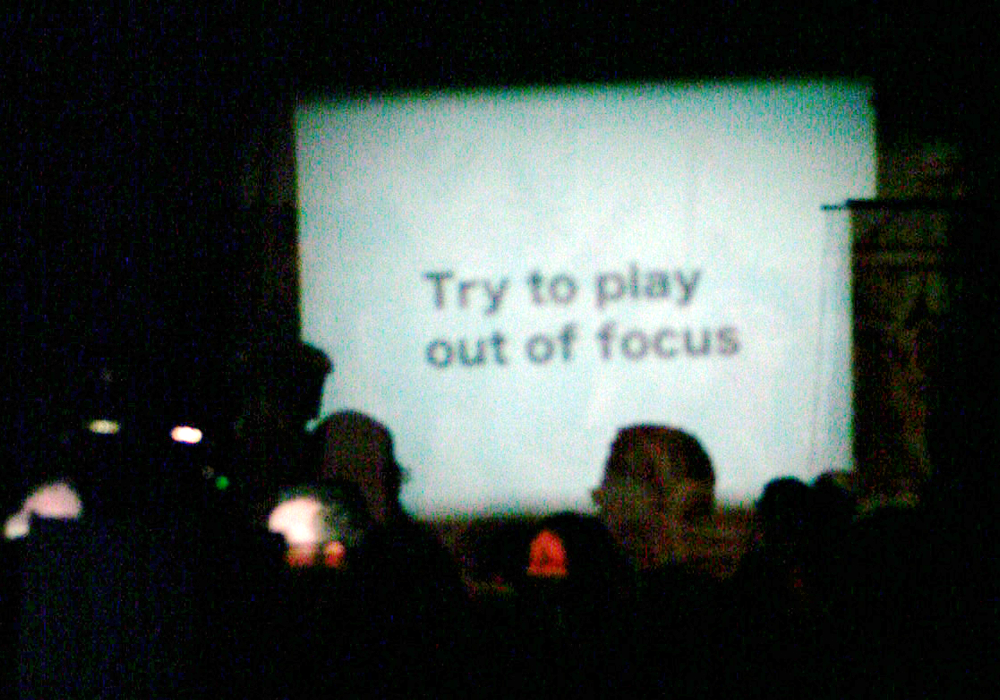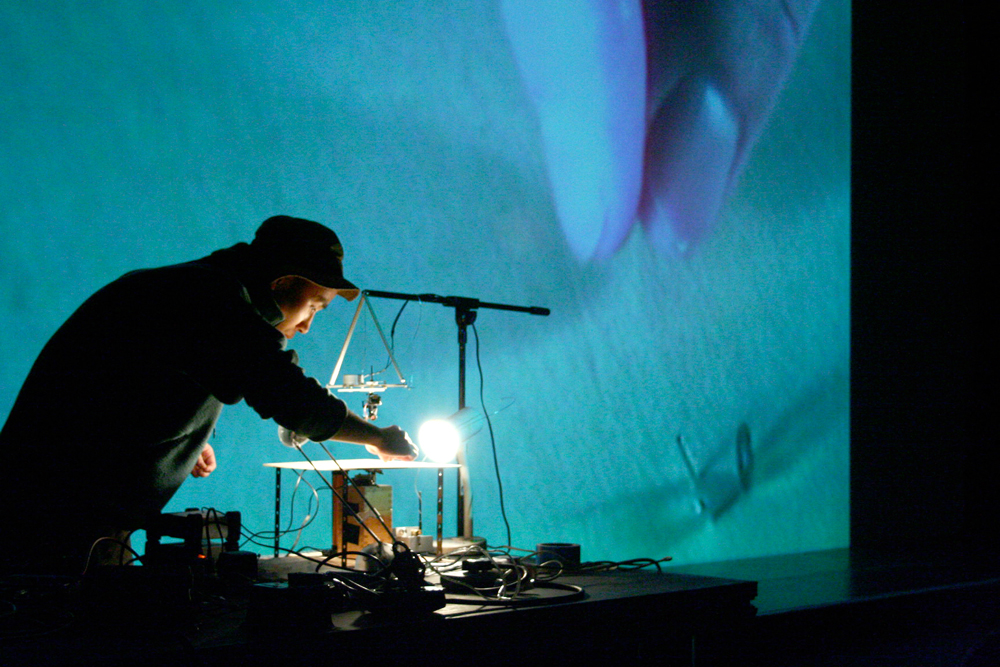
The Experiment: Pt. 2
Amiri Baraka Fred Moten Sonia Sanchez Wadada Leo Smith
How does this practice, that simultaneously resists and honours the distinctions between these genres, materials and senses, determine the inhabitation of another: a convergence of aesthetic and social experimentation?













